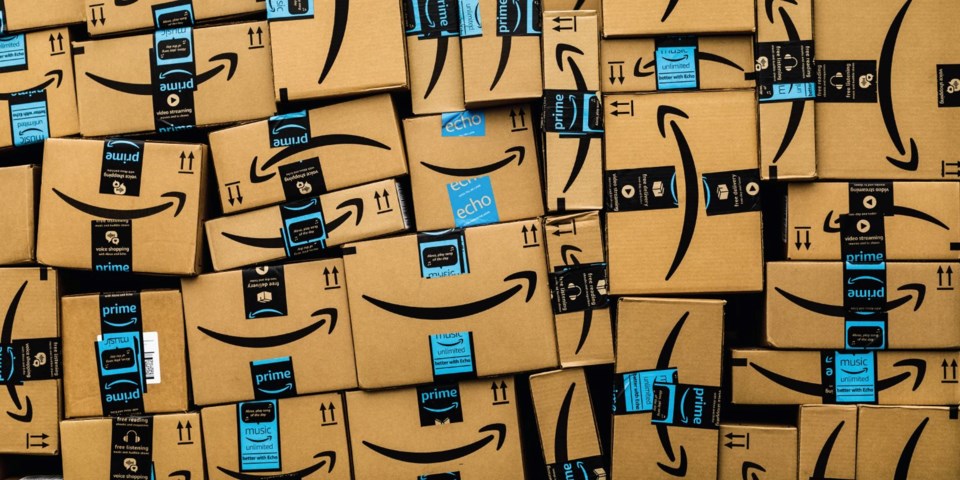With Amazon Prime Day around the corner, the Better Business Bureau is warning shoppers of a new scam involving the online shopping giant.
More people than ever have been ordering from Amazon due to COVID-19, the marketplace watchdog said Friday, a trend that scammers are looking to cash in on.
In the latest con, scammers are posing as Amazon employees and calling consumers claiming to need information about their account.
Amazon Prime Day runs from Oct. 13 to 14 this year.
According to the BBB, an online shopper will answer a call, hearing either a person or recorded message claiming to be reaching out from Amazon concerning a problem with their account.
The messages, as reported to the BBB Scam Tracker, range from a fraudulent charge on a Prime card, a lost or damaged package, a declined credit card or even an unfulfilled order for an iPhone 10.
However, regardless of what the message claims is at issue, the end result is the same — consumers are tricked into releasing their personal information, the BBB said.
For example, some shoppers said the scammers asked for their credit card number and login details for their Amazon account, while in other cases, they requested remote access to the shopper’s computer to help solve the issue.
The BBB and Amazon have teamed up to share the following tips to consumers:
- Be skeptical of unsolicited calls: There are instances where some departments at Amazon will call customers. If you are not sure that the caller is really from Amazon, hang up. Amazon will also never ask you to disclose or verify sensitive personal information, offer a refund you’re not expecting or ask for remote access to your device. If a purchase or claim of a purchase sounds unfamiliar or strange, check your account on a separate web browser or contact Amazon’s customer service to verify.
- Ignore unsolicited messages asking for your personal information: Amazon will never send you an unsolicited message asking for sensitive personal information, such as your social insurance number, bank account or credit card details. If there is an issue with your payment method, you will receive a message by email or through the Amazon app asking you to review your account details.
- Ignore calls for immediate action: Scammers try to get you to act without thinking by creating a sense of urgency.
- Beware of unusual payment methods: Amazon will never ask you to make a payment outside of their website. Requests to pay via wire transfer, pre-paid debit card and cryptocurrency are almost always a sign of fraud.
- Report it to Amazon: Any customer that receives a questionable email or call from a person impersonating an Amazon employee should report them to Amazon customer service. Amazon investigates these complaints and will take action, if warranted.



